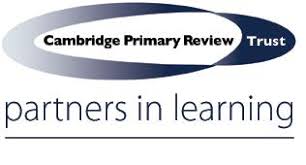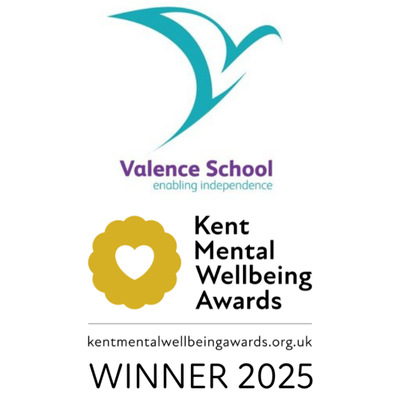PSHE
PSHE
What is our curriculum intent?
When students leave Valence school, they will do so with the knowledge, skills, understanding and emotions to be able to play an active, positive, and successful role in today’s diverse society. We want our students to have high aspirations, a belief in themselves and realise that anything is possible if they put their mind to it. In an ever-changing world, it is important that they are aware, to an appropriate level, of different factors which will affect their world and that they learn how to deal with these so that they have good mental health and well-being.
Learning opportunities for each key stage/pathway are spread across three core themes: Health and Wellbeing, Relationships, and Living in the Wider World. Our teaching and learning facilitate progression across all key stages within these strands. At Valence, PSHE is highly valued and taught with equal emphasis to ensure our students leave us as independent as possible.
How is the curriculum embedded across the different pathways?
The Valence PSHE curriculum is designed to be inclusive, accessible, and relevant to all students, from YR to Y14. It is tailored to meet the diverse needs and abilities of students, ensuring differentiation and adaptations are made to enable all learners to access and engage with the content, as well as addressing the specific needs of the pupils in our school relating to the current issues in the wider community.
PSHE at Valence aims to develop a wide range of skills and attributes in students. This includes but is not limited to communication, problem-solving, decision-making, self-awareness, resilience, empathy, and self-advocacy. The curriculum is designed to support the development of these skills progressively across the age range, building on students' prior knowledge and experiences.
Within the primary and ImPACTS curriculum, focus is given on a rolling programme to: eating, drinking, toileting, washing, mouth hygiene, and dressing skills. In addition, we incorporate Relationship and Sex Education (RSE) and physical health and well-being where appropriate for the age and need of the individual student. Within all Pathways, but especially in Primary and Keller, learning will be embedded in a range of activities across the day to master and generalise skills in a variety of activities. Targets are transferred into a range of activities experienced in discrete PSEW weekly sessions to consolidate skills across environments.
PSHE at Valence also covers economic wellbeing, careers & enterprise education, and personal safety (including assessing and managing risk). Though not yet statutory, these are vital parts of our school's PSHE curriculum. Across all classes we also maintain fundamental British Values and supporting Spiritual, Moral, Social and Cultural development (SMSC) in our young people. These are taught within our curriculum and embedded in all areas of school life.
Do our students have access to learning opportunities outside the classroom?
It is not enough to simply teach pupils about the issues covered in the PSHE Association framework; it is vital our students have the opportunity to explore, recognise and understand the subject content. Our termly Curriculum Overviews inform parents and carers of the term’s topic, as well as suggestions of how this can be embedded at home. The residential team also consolidate many aspects of the PSHE curriculum, giving the students the opportunities to further develop their learning in a more practical context. The Independence curriculum also supports many of the PSHE themes too. This will help to ensure the students develop the essential skills and attributes identified in the Framework, including key communication skills, vocabulary, strategies and the confidence to help manage issues when they encounter them (knowing how to seek help when necessary). Like all children and young people, pupils with SEND live in an increasingly ‘connected’ world. They are not always able to recognise or separate the ‘offline world’ from the ‘online world’; therefore, many of the topics aim to be explored within the context of both.






